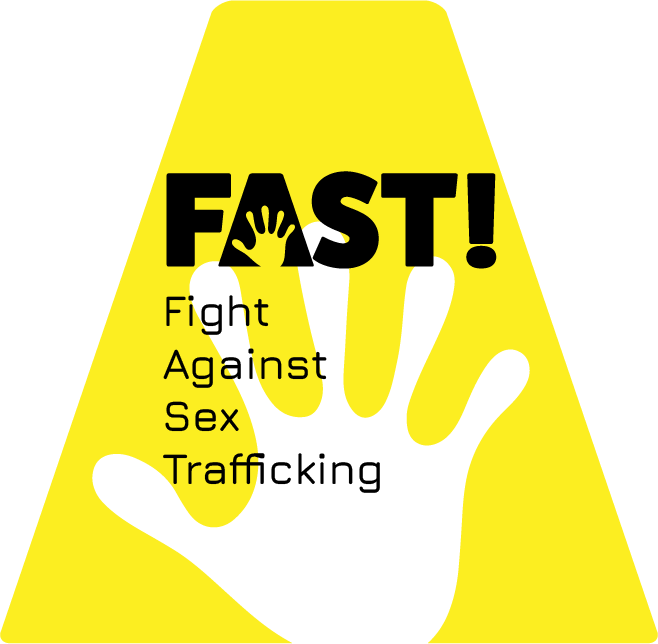The moralization of sex trafficking: a critical perspective. Each year, an unknown number of individuals enter the international migration process only to be tricked, sold, coerced, or otherwise procured into situations of exploitation from which they cannot escape. Many are physically detained. Others are intimidated in less direct but no less effective ways, including through debt-servicing agreements that amount to little more than bondage.
These individuals are the commodities of a multi-billion-dollar global industry that, in many parts of the world, is dominated by highly organized criminal groups that operate with impunity. Increasing economic hardship, onerous obstacles to legal migration, and internal conflict have coincided with a reported rise in the number of cases of trafficking in all regions of the world. Trafficking has often been described as the perfect crime. The profits are enormous and ongoing; the risks of apprehension are very low; and prosecutions for trafficking are extremely rare. Few countries have escaped the effects of this increasingly sophisticated and invariably brutal phenomenon.
According to the UN, “trafficking is the third-largest source of criminal income worldwide, generating an estimated $9.5 billion per year, and it is linked to money laundering, document forgery, drug trafficking, and international terrorism.”
This article examines the ethical dimensions of sexual trafficking, the policies aimed at combating it, and the potential pitfalls of over-moralizing the issue.
The ‘moralization’ of human trafficking has mainly been connected with debates surrounding prostitution. However, the debate cannot be limited to one between pro-abolition and pro-regulation but also involves questions of social value and social morality. Thus, the debate has been embedded in what was perceived, rightly or wrongly, to be social values. Sweden, for example, has taken specific measures to criminalize prostitution as part of its efforts to combat trafficking.
The moralization of sex trafficking: a critical perspective
Of course, these forms of ‘moralization’ run the danger of making the victims of trafficking even more invisible. Even if ‘moralization’ is not couched in terms of abolition vs. regulation, it brings to the fore the moralization that surrounds prostitution. For example, until 2001, in Germany, prostitutes were not allowed to press any charges against their clients. This is because of pressure from those active in the field of anti-trafficking policies.
The result of this social moralization concerning prostitution distinguishes between innocent victims of trafficking and guilty migrants who must be punished. Many experts have argued that such an approach can be labeled ‘compassionate conservatism’. This provides assistance and protection for a few by positioning them as exceptions. It is proving the need for punitive measures against the majority.
However, such arguments against moralization have been resisted by several other academics and activists. Even if one does not engage in the very sensitive debates surrounding the moralization of trafficking, two questions should be raised about this representation of trafficking and the practices that it supports: is it effective? And does it make trafficked people less vulnerable? These questions suspend the moral question by pragmatically asking for an assessment of effects.
The moral outrage against sexual trafficking is undoubtedly justified, yet an overly simplistic or moralistic approach can have unintended consequences:
- Stigmatization of Sex Workers. By conflating consensual sex work with trafficking, some anti-trafficking campaigns inadvertently stigmatize and marginalize voluntary sex workers, undermining their autonomy and rights;
- Misguided policies. An excessively moralistic view can lead to policies that focus on punishment rather than rehabilitation and support for victims. This may fail to address the underlying socioeconomic factors that contribute to trafficking;
- Sensationalism and misinformation. The moral panic surrounding sexual trafficking can lead to sensationalism and misinformation. It is skewing public perception and potentially hampering effective actions.
A more balanced approach recognizes the multi-dimensional nature of sexual trafficking and considers both the moral imperatives and the pragmatic realities, such as:
- Differentiating Between Consensual Sex Work and trafficking. Policies must recognize the distinction between consensual sex work and coerced trafficking, respecting the autonomy of those who choose sex work while protecting those who are trafficked;
- Comprehensive Support for Victims: Victim support should extend beyond rescue and include long-term assistance. Such as counseling, education, and employment opportunities;
- International Collaboration: Human trafficking is often transnational, necessitating global cooperation, shared intelligence, and coordinated legal action;
- Addressing Root Causes. A focus on underlying social, economic, and cultural factors that contribute to sexual trafficking can lead to more sustainable solutions.
In conclusion, it is safe to say that the moralization of sexual trafficking. While arising from a justifiable desire to eradicate a heinous crime, it requires a careful and nuanced approach. A balanced perspective that recognizes the complexities of this issue, respects the rights of all involved. And it emphasizes support for victims is essential for effective and compassionate action against sexual trafficking.
The path towards a world free from sexual trafficking is fraught with challenges. But with thoughtfulness, empathy, and a commitment to justice, society can make significant strides in combating this grave violation of human dignity.



